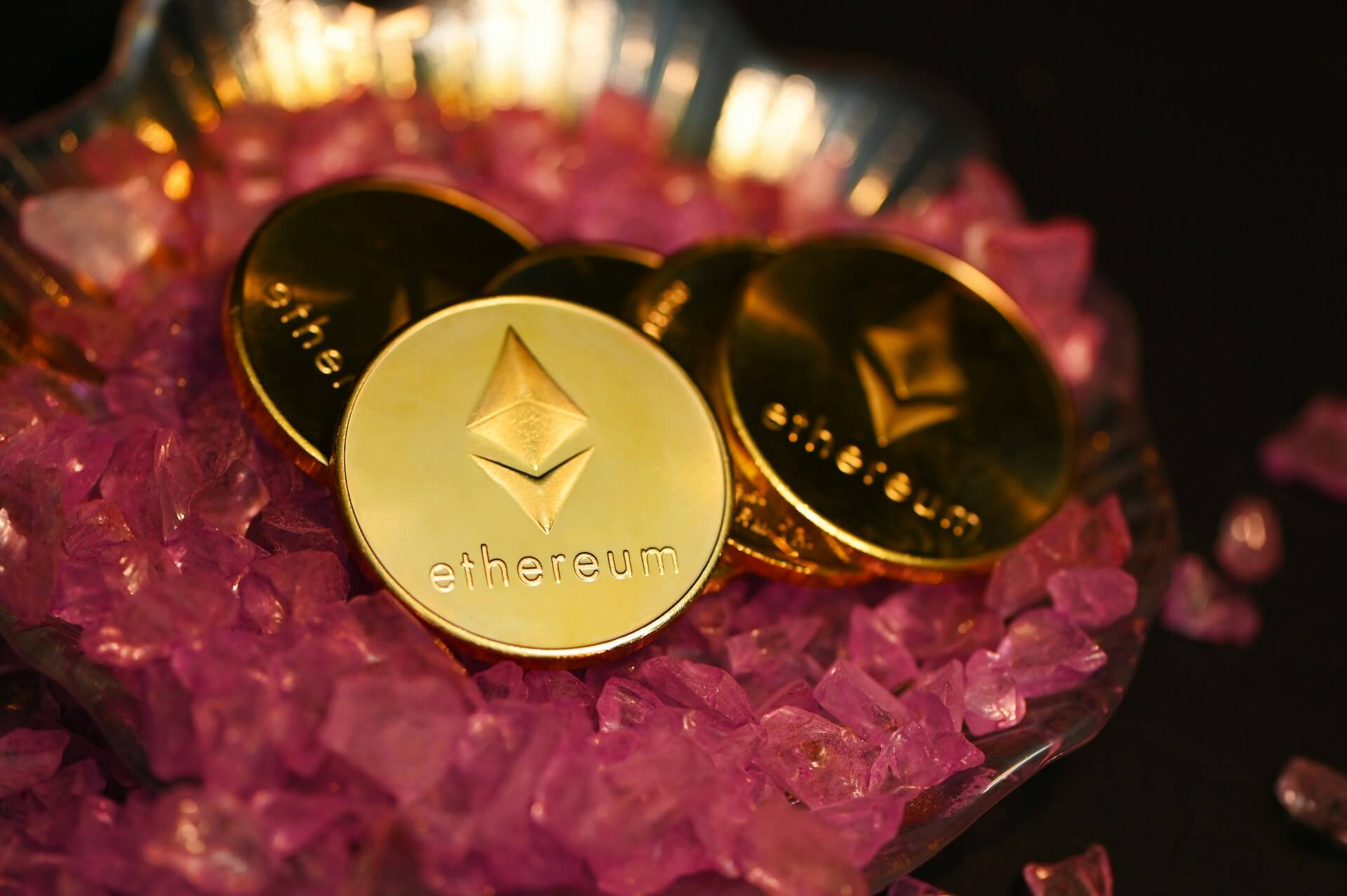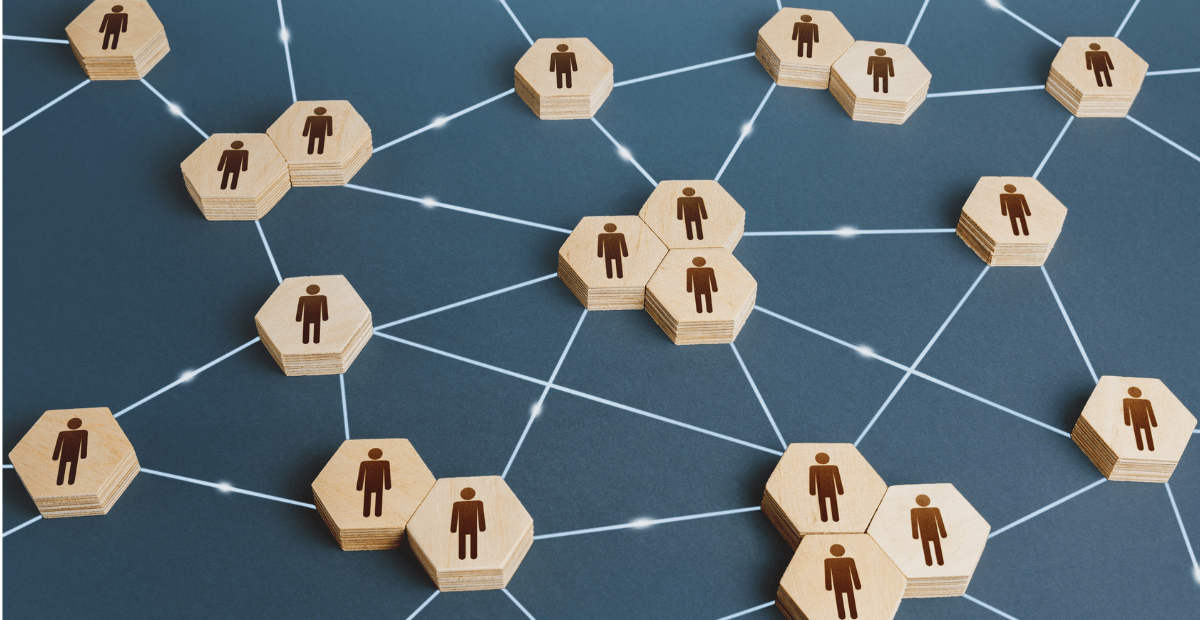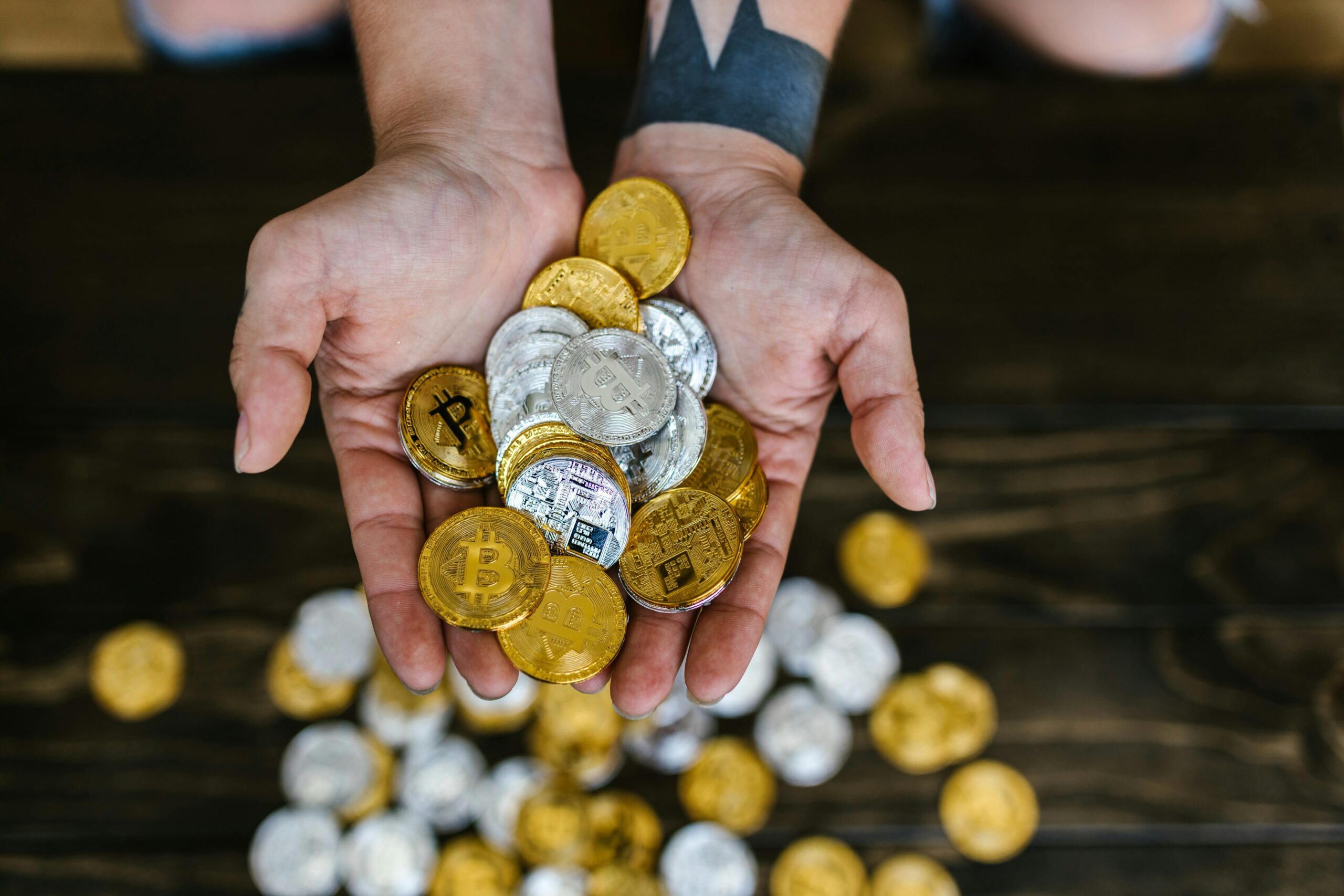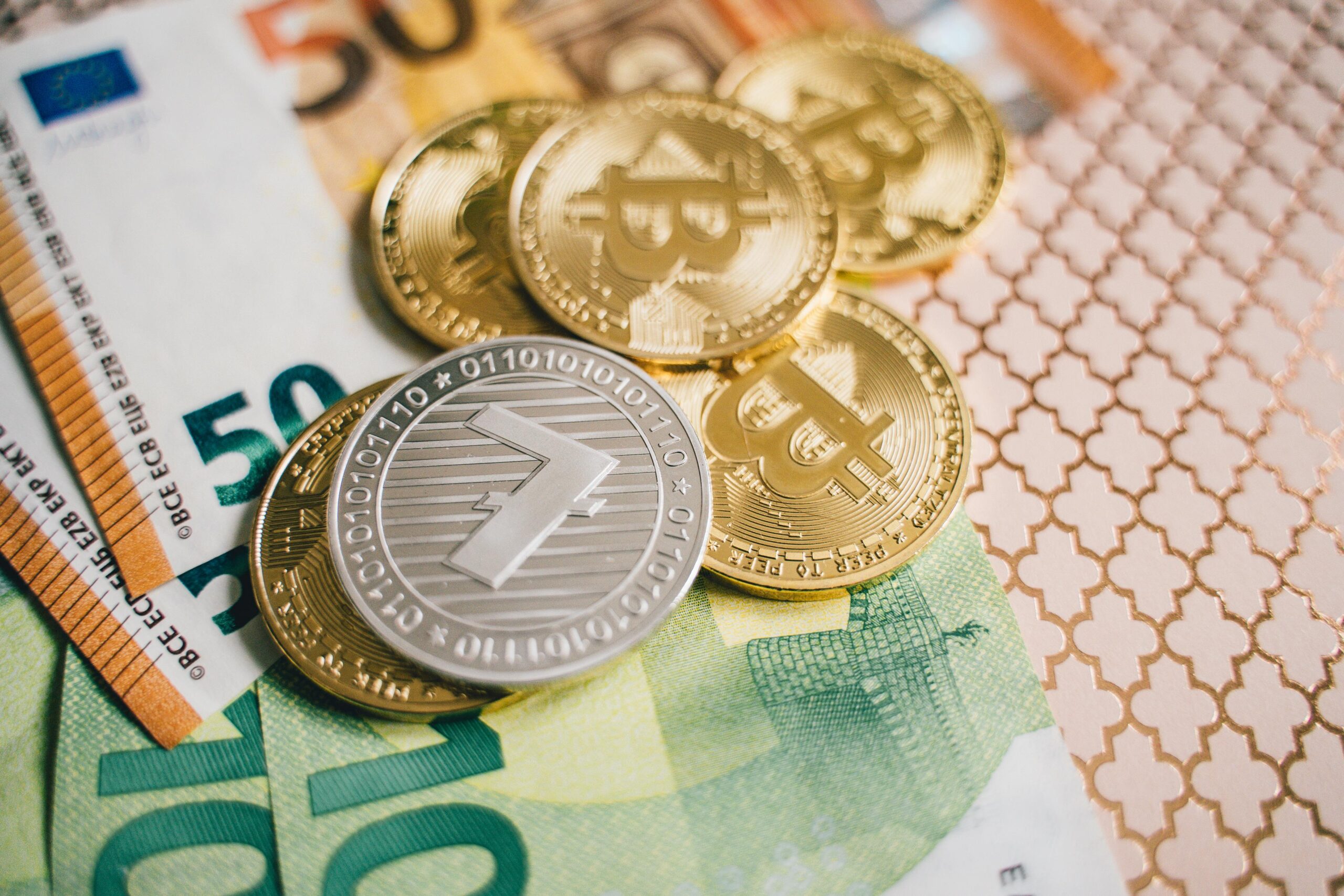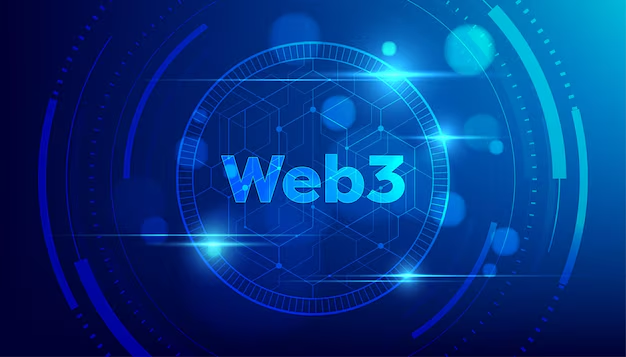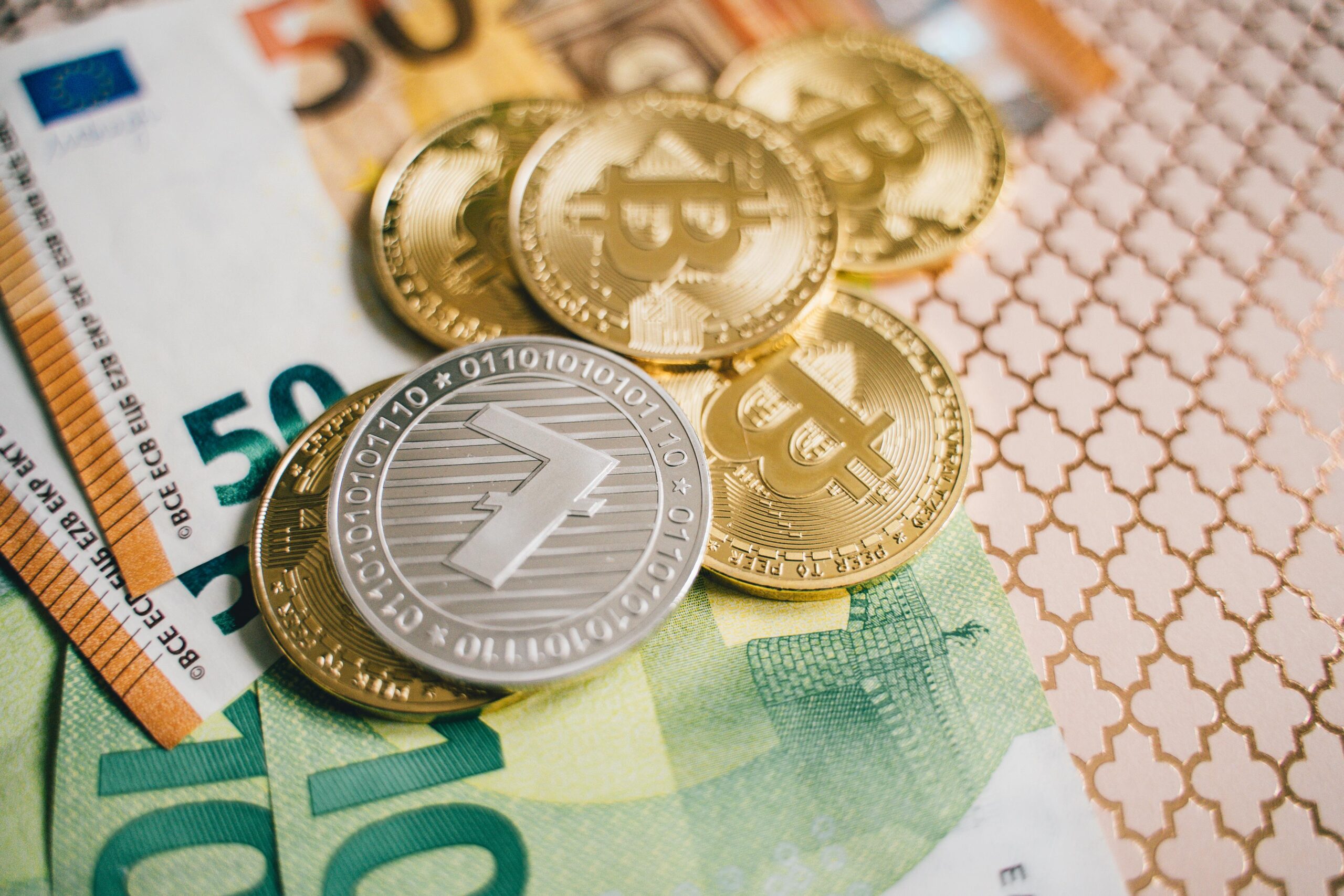Introduction Imagine a world where trust is no longer a barrier to transactions. A place where individuals and organizations can trade, collaborate, and innovate without relying on middlemen. Welcome to the realm of blockchain—a technology that has redefined how we think about data, trust, and decentralization. Blockchain, often dubbed the “digital ledger revolution,” is transforming …
What is Blockchain? Understanding the Digital Ledger Revolution
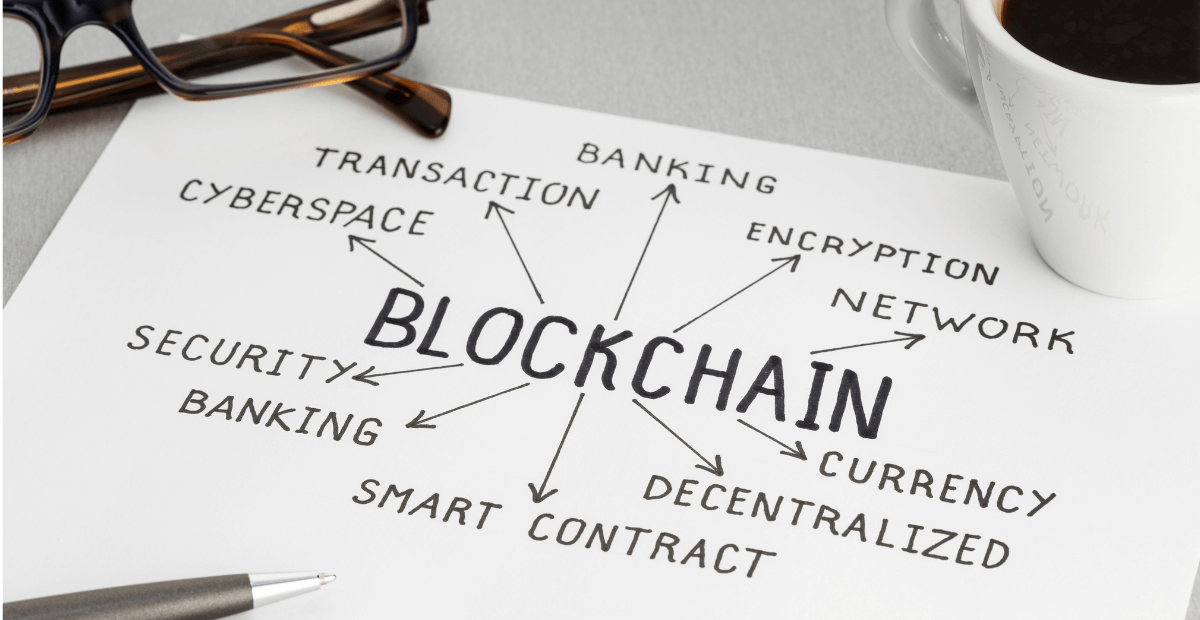
Introduction
Imagine a world where trust is no longer a barrier to transactions. A place where individuals and organizations can trade, collaborate, and innovate without relying on middlemen. Welcome to the realm of blockchain—a technology that has redefined how we think about data, trust, and decentralization.
Blockchain, often dubbed the “digital ledger revolution,” is transforming industries, from finance to healthcare, by ensuring transparency, security, and efficiency. But what exactly is blockchain, and why is it considered revolutionary? This article dives deep into the concept, its mechanics, and its far-reaching implications.
Understanding Blockchain: The Basics
At its core, blockchain is a decentralized, distributed ledger technology that records transactions across multiple computers in a secure and tamper-proof way. Each transaction, or block, is linked to the previous one, forming a chronological chain—hence the name “blockchain.”
Key Features of Blockchain:
- Decentralization: Unlike traditional databases managed by a central authority, blockchain operates on a peer-to-peer network.
- Transparency: All participants can view the recorded transactions, ensuring accountability.
- Security: Advanced cryptographic techniques protect data integrity and prevent unauthorized changes.
- Immutability: Once recorded, data cannot be altered, making blockchain an ideal solution for applications requiring trust.
Real-World Applications of Blockchain
- Finance and Cryptocurrency The most well-known application of blockchain is cryptocurrency, particularly Bitcoin. Blockchain eliminates the need for banks by enabling peer-to-peer transactions. According to a 2023 report by Statista, the global blockchain market size in banking and financial services is expected to reach $69 billion by 2030.
- Healthcare Blockchain is revolutionizing patient data management. For instance, Estonia’s e-Health Authority uses blockchain to secure over a million healthcare records, ensuring both accessibility and privacy.
- Supply Chain Management Transparency in supply chains has always been a challenge. Companies like IBM are leveraging blockchain to track goods from origin to consumer, reducing fraud and improving efficiency.
Expert Opinions and Insights
Experts across industries are lauding blockchain’s potential. Don Tapscott, author of Blockchain Revolution, states, “The technology likely to have the greatest impact on the future of the world economy has arrived, and it’s not social media, big data, or artificial intelligence. It’s blockchain.”
However, not all opinions are glowing. Critics like economist Nouriel Roubini argue that blockchain is overhyped and question its scalability and energy consumption, particularly in mining-intensive networks like Bitcoin.
Challenges and Limitations
Despite its potential, blockchain is not without challenges:
- Energy Consumption: Bitcoin mining alone consumes more electricity annually than some countries.
- Regulatory Uncertainty: Governments worldwide are grappling with how to regulate blockchain-based systems.
- Scalability Issues: Current blockchain networks struggle to handle large volumes of transactions efficiently.
Blockchain Case Studies
- De Beers and Diamond Tracking De Beers, a diamond company, uses blockchain to track diamonds from mine to market, ensuring authenticity and ethical sourcing.
- UN World Food Programme The UN has implemented blockchain to distribute aid to Syrian refugees, eliminating the need for intermediaries and reducing costs.
Conclusion
Blockchain is more than just a technological buzzword; it’s a paradigm shift in how we approach data, trust, and innovation. While challenges remain, its potential to revolutionize industries is undeniable.
As we stand at the cusp of this digital ledger revolution, the question is not whether blockchain will shape our future but how we will harness its power responsibly. What role will you play in this transformative journey?
Honore Brault a crypto historian and researcher, Honore delves into the evolution of blockchain technology, from its cypherpunk origins to its present-day impact on industries. His work provides a rich perspective on the philosophy behind decentralization.




